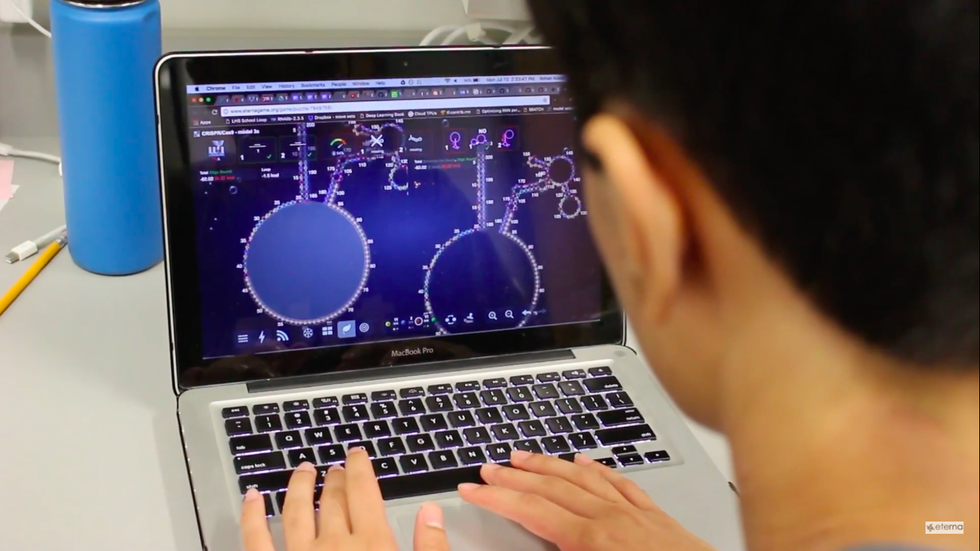As the semester draws to a close while we are still stuck in our homes, you may be looking for something to do other than playing Animal Crossing all day. As you continue sheltering in place, consider collaborating on exciting scientific research projects from the safety of your laptop.
What is Citizen Science?
Citizen science crowdsources public participation in scientific research by having volunteers collect and analyze valuable data. By taking part in citizen science projects, the work of volunteers allows scientists to continue their important research while also being confined to their homes.
Citizen science exemplifies people-power as anyone can get involved, and your help can lead to accomplishing scientific advancements in a shorter period of time.
How you can get involved:
While you may say that this could not be as fun as playing Animal Crossing, scientists have worked towards creating projects that both benefit society and are engaging for a volunteer. One such project, Eterna, is an online video game that allows you to become an RNA scientist. Your goal is to solve puzzles of increasing difficulty that utilize RNA's four codons to design a pattern that forms into a target shape.
Once you have mastered these challenges, you are able to move onto the lab, where your designs are manufactured and tested at Stanford University. The players are then given feedback to improve their designs and continue collaborating with scientists in the field.
As scientists continue to unravel one of biology's biggest puzzles, Eterna has the potential to advance research to provide critical information towards combatting tuberculosis, cancer and even developing a vaccine for COVID-19.
Another way you can get involved is through Zooniverse, an online citizen science platform that features projects that range from transcribing handwritten weather reports of African rainforests to categorizing the sounds babies make as they mature.
My personal favorite project to help with on Zooniverse is called Plant Four. Volunteering for this project allows you to explore and analyze satellite images of the Southern polar region of Mars. Acting as a planetary scientist, you are uncovering the mystery as to why fans and blotches present on the planet's ice cap appear and disappear seasonally.
Once finals are over and summer break begins, consider picking up a science project that motivates change instead of picking up your phone and scrolling through your social media. Here is your chance to have a stake in contributions to our future.
Science is not something done behind closed doors and in secret. With more data contributed through citizen science, scientific fields can be better understood and be improved by the general public because the more people that are involved, the more accurate and precise our conclusions will be.



















